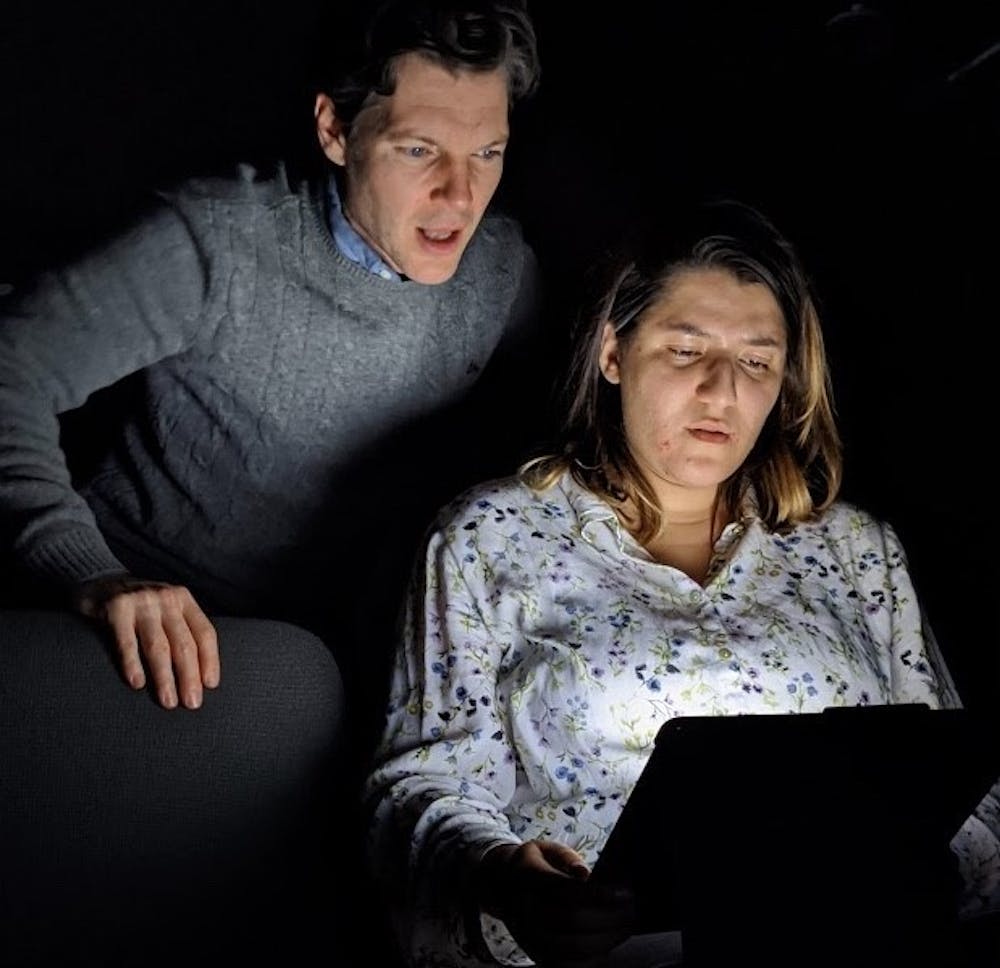Bersley said there were unanticipated challenges when looking for transgender actors to be a part of the opera. One of those challenges had to do with protecting the safety of the potential actors.
“When we talked to all kinds of advocates for trans people through the LGBT communities in Durham, Raleigh Chapel Hill and on campus, the learning curve that I had to be on is that it's not always safe for somebody going through transition to be in the public eye, and in some cases it's just not comfortable,” Bersley said. “They're not in a place where that's the best thing for them psychologically and otherwise, so that was a really eye opening thing for us.”
Around the time when Callahan discovered that he would be coming to North Carolina from Oregon, HB2 had just been passed in North Carolina. Callahan said a lot of his students were devastated, especially because one of Callahan’s students in Oregon was transgender.
“To have formulated this relationship with a trans singer and to be teaching them in that role, it was just heartbreaking to know that I was going to come to a state where the most important thing that they could pass in legislation was a bill about which bathroom you can and cannot use,” Callahan said.
When Callahan arrived in North Carolina, he said that it was vital for him to bring a piece of art like this to North Carolina in order to ignite conversations about transgender people and gender identity. He said he strives to maintain elements that speak to social justice in his work.
Callahan said his role as Hannah before is mainly based off of Reed’s life from elementary school, through adolescence and into high school.
“I've never played a role similar to this, but what's amazing about playing this role is that Kimberly Reed's story is, in so many ways, universal to anyone who's ever felt like they've needed to hide something, felt like they've never been good enough for society,” Callahan said.
Melina Jaharis is an opera singer currently pursuing their Professional Studies Diploma at Mannes Opera. They play the role of Hannah after, which is centered around Hannah’s life after her transition. Jaharis cited an article called Million Dollar Voice by Zach Finkelstein to explain their gratitude for their operatic training.
“He crunches the numbers, and to have an operatic career, you need to have $1 million — that's how much money you need to spend ultimately to get where you need to be,” Jaharis said. “That brings this whole thing back to privilege, and whose stories you're telling and how these people are able to even tell these stories in the first place.”
A criticism of the opera that was mentioned by both Jaharis and Bersley had to do with the way the vocal parts were written. The parts of Hannah before and Hannah after were written for baritone and mezzo-soprano, respectively, but while taking testosterone when transitioning from female to male lowers the voice, estrogen doesn’t lift the voice.
“If you're transitioning from male to female and you take the hormones, your voice is never going to lift — it will always stay in the range,” Bersley said. “You can train it to speak higher, but it's not actually going to change the way it is as if it were the opposite. So it really should be voiced differently, either for an alto or contralto woman, and a countertenor, so that the voices may be aligned and actually feel like one voice.”
Callahan hopes that above all, the audience will have a greater understanding of the transgender experience after watching the opera.
To get the day's news and headlines in your inbox each morning, sign up for our email newsletters.
“I hope that people walk away feeling that this, in some ways, might educate them about what it means to be trans,” Callahan said. “Inform them, make them curious, make them feel like they've learned a certain vocabulary or language if they feel uncomfortable asking questions about what it means to be trans.”
@topol_morgan
arts@dailytarheel.com




